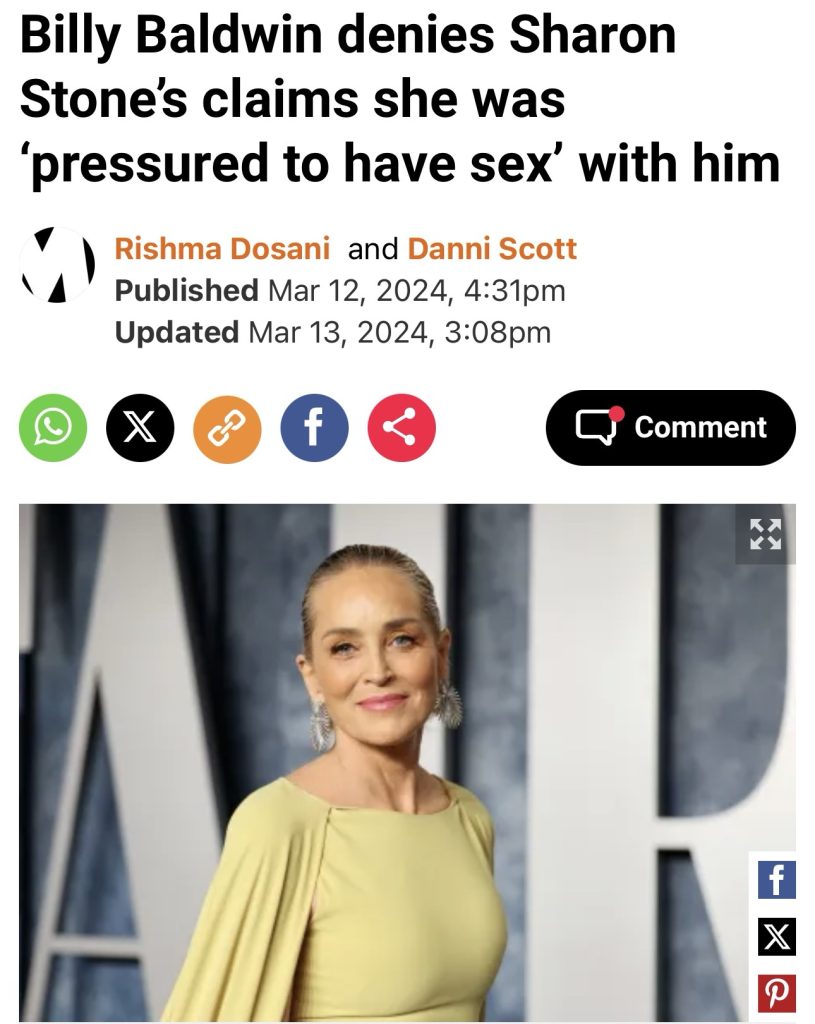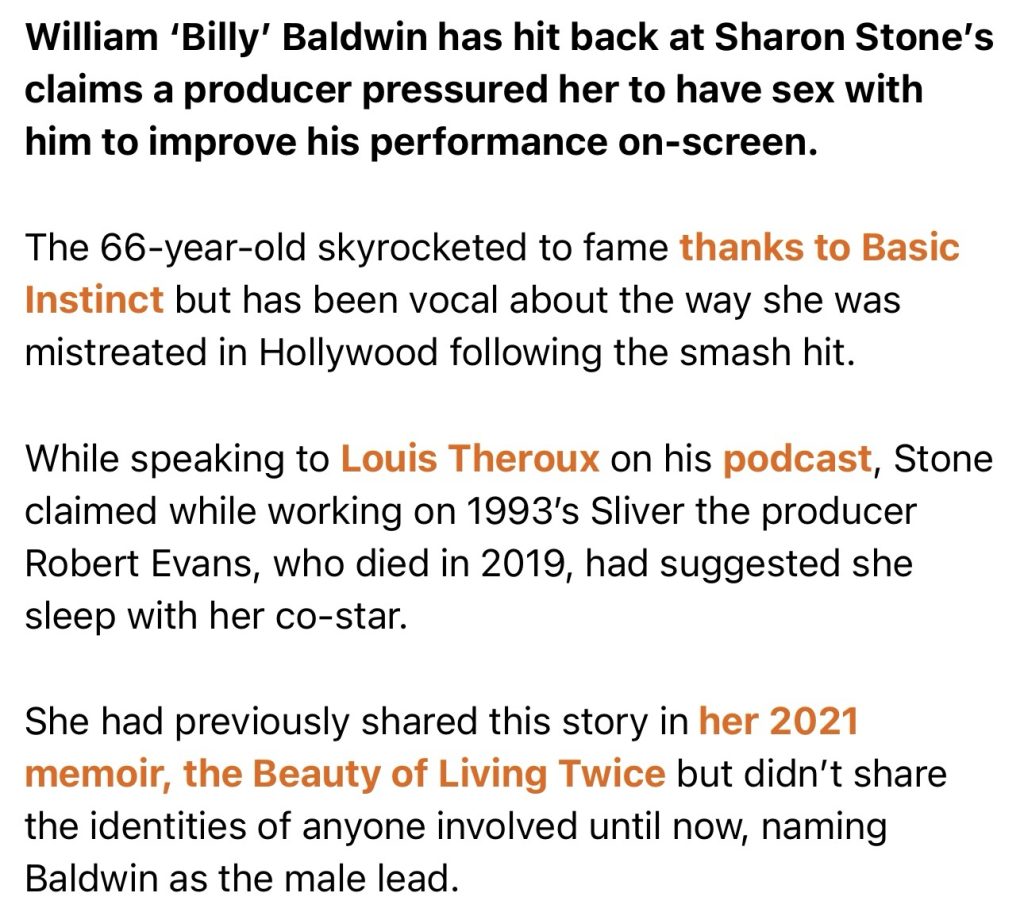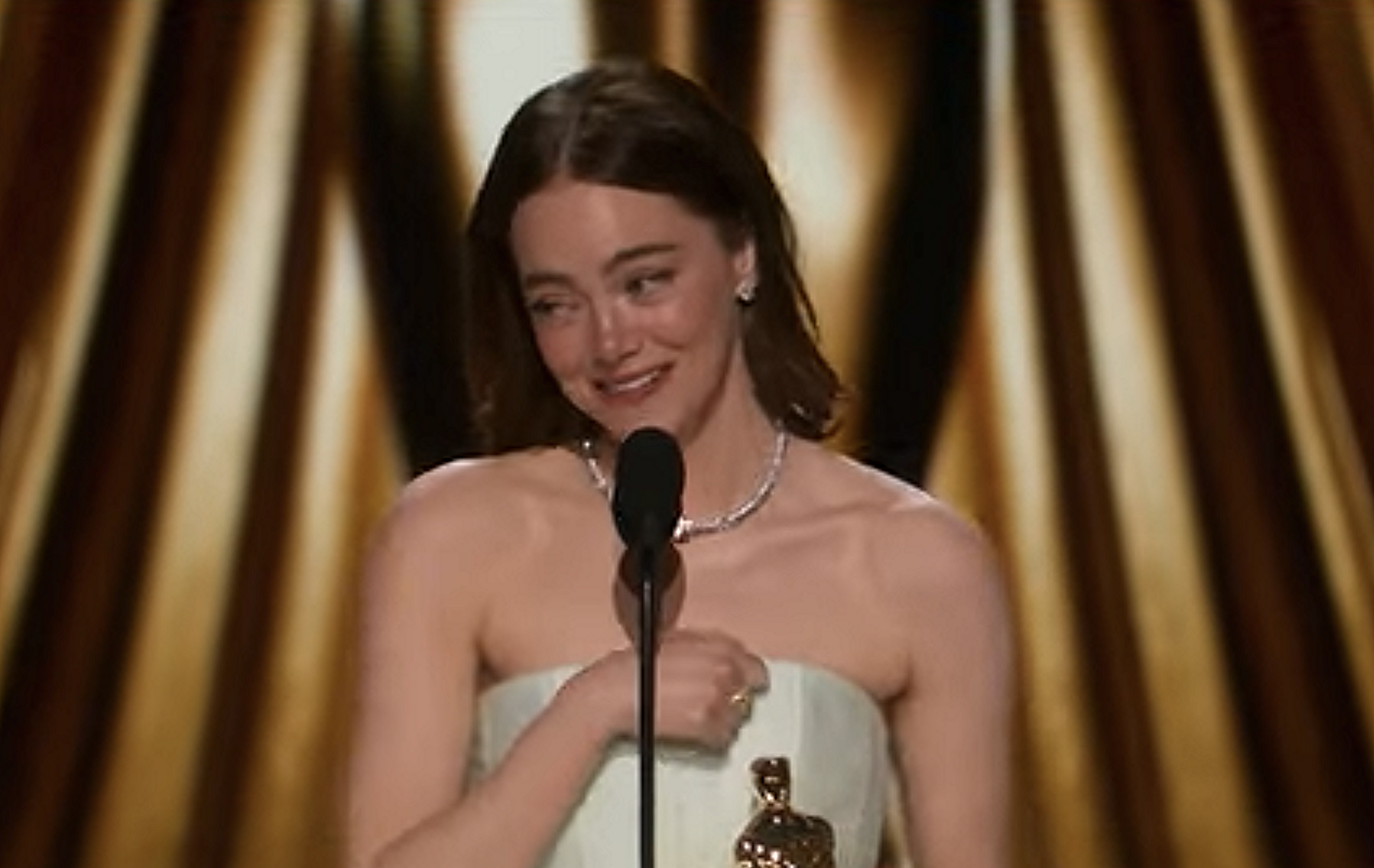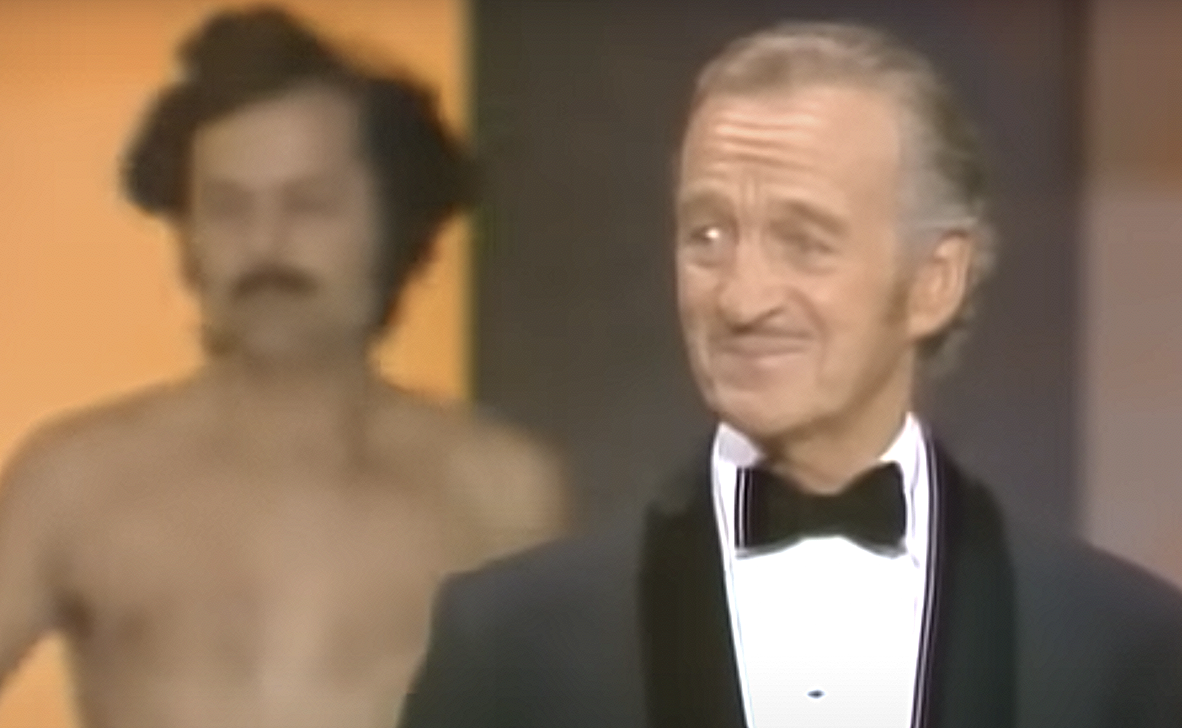Franklin is an eight-episode Apple miniseries about the randy statesman, inventor and roving ambassador. Directed by Tim Van Patten and written by Kirk Ellis and Howard Korder, it’s based on Stacy Schiff‘s “A Great Improvisation: Franklin, France, and the Birth of America” (’05). The series launches with three episodes on 4.12.24, and concludes on 5.17.24.
Mr. Franklin was a wise, ingenious and well-educated printer, inventor and statesman, but he was also a serious hound, and I fully expect to see this aspect of his personality depicted…the life of a charming, pot-bellied smoothie who ravaged dozens of Parisian women during his ambassadorship and beyond.
I don’t know what the voice of the Boston-born Franklin sounded like, but it’s a near certainty that Michael Douglas said “fuck it, I’m going to play Franklin with my own deepish, gravelly voice and let the chips fall where they may.”
The 79 year-old Douglas is the right age to play Franklin — he hits the big eight-oh on 9.25.24.
Franklin lived in France (mostly Paris, based in a home in Passy) for nearly 20 years, from late 1776 until sometime in 1785. For roughly eight years Franklin served as the United States ambassador to France, and in so doing persuaded France to lend financial assistance to the United States fight against the British.
Forward to Schiff’s book: “In December of 1776 a small boat delivered an old man to France.” So begins an enthralling narrative account of how Benjamin Franklin — seventy years old, without any diplomatic training, and possessed of the most rudimentary French — convinced France, an absolute monarchy, to underwrite America’s experiment in democracy.
“When Franklin stepped onto French soil, he well understood he was embarking on the greatest gamble of his career. By virtue of fame, charisma, and ingenuity, Franklin outmaneuvered British spies, French informers, and hostile colleagues; engineered the Franco-American alliance of 1778; and helped to negotiate the peace of 1783. The eight-year French mission stands not only as Franklin’s most vital service to his country but as the most revealing of the man.”









